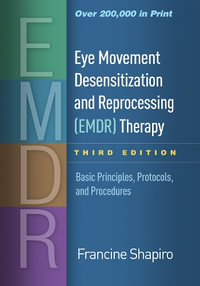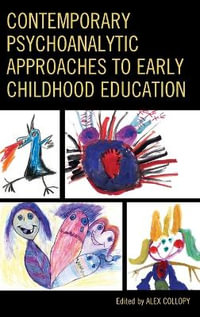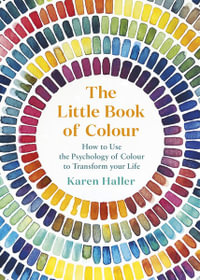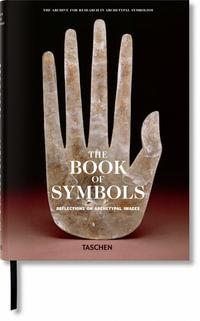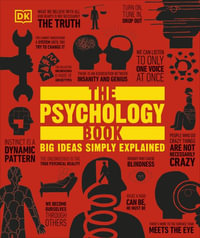This work is an exploration of the relationship which psychotherapy has with religion. Sigmund Freud and Carl Rogers were chosen for this exposition because they were each seduced by the high status given to science. Freud and Rogers, both founders of psychotherapies, left a legacy which is not that of scientists whom they claimed they were. Freud and Rogers each had a problematic relationship with religion. This has had a lasting effect on the work and attitudes of their respective followers. In order to explore effectively this relationship, the work begins with a critical examination of the historical context in which both Freud and Rogers worked, and how in their determination to be scientists both missed the importance of the religious. The work continues with an exploration of the effects of this legacy on the work of contemporary psychotherapists. The context in which their followers work relies on a relationship with the founder, which goes beyond that of science, and in addition, each practitioner is influenced by socio-economic circumstances which are peculiar to them. The resistance from psychotherapists to embrace religion has been complex, although, as it will be illustrated, today there are some who are acknowledging the importance of the spiritual. That psychotherapy functions as a religious movement has been excluded by practitioners in their determination to reflect the wishes of their founder, which was that their work should be regarded as science. Psychotherapists have traditionally been considered the custodians of the real and that their clients are the ones suffering from delusions. With respect to their attitudes to religionâ"not least the spiritualâ"the positions seem to be reversed.
Industry Reviews
'Freud, as Auden pointed out, was more than a mere person, but became a "whole climate of opinion". This climate survives, as Dr Clifford shows, partly because psychoanalysis shares many of the features of religious movements and, like religion, is concerned with the healing of souls. This book is a highly readable and quite fascinating account of this issue.Written with insight and humanity, Dr Clifford's fascinating book deserves this accolade: it casts light; it illuminates.'-Alexander McCall Smith, Professor of Medical Law at the University of Edinburgh; Author of The No.1 Ladies' Detective Agency Series'Vicki Clifford has written an intriguing and engaging book that invites us to re-visit the relationship that Freud, Rogers and their followers have with religion and spirituality. This remains a hot topic and it has a special importance for the best practice of psychotherapy which still needs to recognise and honour the role of spirituality in healthy human living.'- William West, Reader in Counselling Studies, University of Manchester

